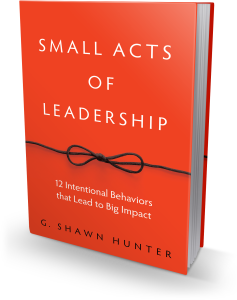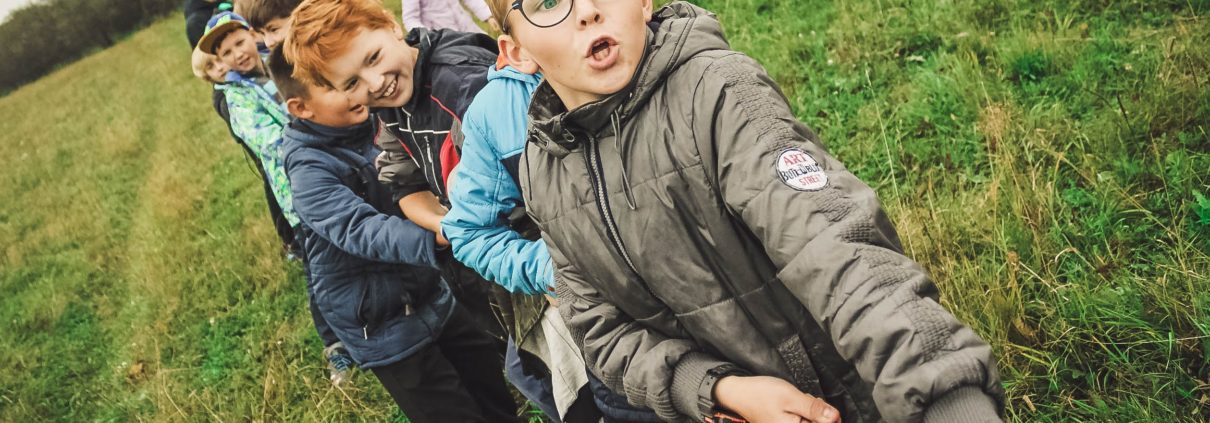You Can’t Control People. But You Can Control the Environment
This may surprise you, but prior to the early 1970s the word “parenting” didn’t exist. The word parent was a noun, not a verb. A parent was something you are, not something you do. In the same way that we don’t child our parents, and we don’t husband our wives.
According to Alison Gopnick, a researcher at the University of California, in the 1970s we came to think of being a good parent as a problem to be solved, a skill to be developed. And if only we had the right manual, and the right set of skills, we could then excel at being a parent, in the same way we try to excel at our classes or our jobs.
The analogy she uses to illustrate her point is to imagine a carpenter and a gardener. The carpenter is exacting, measured, controlling the materials, bending them to her will, designing the results. The gardener creates an ecosystem, plants seeds, introduces fertilizer and diversity, and watches growth unfold. The gardener manages an environment, the carpenter presses resources into service of his vision.
In her research, Gopnick has found that parents in the United States and western Europe have, over the past few decades, gradually adopted practices to design outcomes for their children (in extreme, think Battle Hymn of the Tiger Mother). In doing so, we have also increasingly removed the level of risk we allow children to take.
In 1971 80% of third-graders walked to school alone or with their friends. By 1990, it had dropped to 9% and today is even lower. Most parents will tell you the world is more dangerous than it was back then, but it’s not. There are fewer traffic accidents, fewer playground injuries, and fewer of the most horrifying of fears – abductions. The rate of classic abduction-by-a-stranger is less than one-hundredth of 1% of all missing children, which itself is less than .04%, and also trending down over the last few decades. I understand any number above zero is intolerable, but the chances of a child being kidnapped by a stranger are more remote than being hit by lightening or winning Powerball.
Alison Gopnick’s point is that as we attempt to remove risk from our children’s lives, we also remove their ability to solve problems, persevere through adversity, and deal with the inevitable uncertainties of life.
In a post-industrial world, exactly the skills that we need – innovation, creativity, risk-taking – are exactly the ones that we’re not encouraging in this very kind of narrow, competitive, academic parenting culture.
– Alison Gopnick, Ph.D.
Deep play – the kind that is unstructured, open and immersive – helps build critical thinking skills necessary for thriving later in life.
Kids then grow up and go to work. At our workplaces, most organizations set clear guidelines for behavior, and expectations for performance. Salespeople are expected to sell in a certain way. Programmers are expected to code using particular protocols. Marketing writers are expected to follow rules of copywriting, and product placement to drive customer influence. And everyone needs to keep track of what they do.
As a leader, instead of controlling people, try instead to change the environment and give opportunities for deep play by:
- Changing the environment: schedule a walking meeting outside, meet at a different location, attend a conference or event with your team, ask your peers in other departments to flash mentor members of your team.
- Pushing people to develop new skills: Encourage people to grow new capabilities by providing opportunities and encouragement to try new tasks, and take on new projects.
- Giving autonomy: Define what needs to be done, not how to do it. Help team members envision best results, but let them decide how to accomplish the task.
Check out our new micro-learning series Raising Resiliency featuring bestselling author Jen Shirkani. Message me if you’re interested and we’ll send you a preview. Enjoy!
- ____________________________________________________
 We’re doing the best work of our lives right now at Mindscaling, a company designing custom curriculum, and building beautiful online learning courses based on the work of best-selling authors. My new book Small Acts of Leadership, is a Washington Post bestseller! You can buy a copy now. Have a meeting coming up? Let’s talk.
We’re doing the best work of our lives right now at Mindscaling, a company designing custom curriculum, and building beautiful online learning courses based on the work of best-selling authors. My new book Small Acts of Leadership, is a Washington Post bestseller! You can buy a copy now. Have a meeting coming up? Let’s talk.
Last summer, my son and I bicycled across America with two other dads and their teenagers. We published a new book about it called Chasing Dawn. I co-authored the book with my cycling companion, the artist, photographer, and wonderful human jon holloway. Grab a copy. I’ll sign it and send it to your doorstep.



